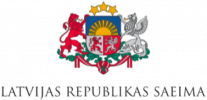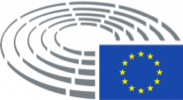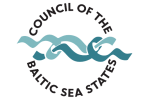In the wake of rapid technological advancements and an ever-evolving economic landscape, the Economics, Energy, and Innovation Committee of the Baltic Assembly convened on February 23 in Riga, Latvia, to address the critical roles of business innovation and digital transformation in ensuring regional success. The meeting underscored the imperative for the Baltic States to harness digital solutions and innovation as vehicles for economic growth, efficiency improvement, and enhanced competitiveness on the global stage.
Embracing a unified business environment
Minister of Economics of Latvia Viktors Valainis highlighted the resilience of the Baltic economies amid various crises, noting a resurgence with anticipated economic growth rates between 2.5-3%. The emphasis was on harmonizing tax systems, bolstering investment programs, and enhancing productivity. The minister stressed the importance of cross-Baltic cooperation in sectors like the space industry and smart technologies, advocating for joint ventures in areas like microchip production to amplify their offerings to multinational companies.
The discussion touched upon the utilization of EU funds, currently employed separately by each Baltic state, to foster regional business development. The potential for a collective approach to attract larger EU grants was recognized as a good opportunity for bolstering the Baltic economies jointly, as echoed by Vice President of the Baltic Assembly Jānis Vucāns and Minister of Economics Viktors Valainis.
Vice Chair of the Committee Andris Kulbergs emphasized the necessity of removing barriers to data sharing and utilization across the Baltics. Initiatives to make data more accessible to businesses were discussed, with Lithuania's statistical institutions’ practices serving as a commendable model. Moreover, the creation of a common platform for sharing experiences and attracting private investments, particularly in the context of the upcoming World Expo in Japan, was proposed as a strategic move to enhance the Baltic region's visibility and attractiveness to global investors.
Fostering innovation through collaboration and education
The committee deliberated on the significance of intellectual property sharing and the commercialization of innovative ideas to foster the development of start-ups and, potentially, a Baltic “unicorn”. The call for a unified Baltic effort in education and infrastructure utilization to accelerate innovation and the creation of “unicorns” was strongly voiced, with artificial intelligence (AI) being highlighted as a critical area for cooperative development.
The parliamentarians considered the importance of fostering innovation through closer collaboration between science and business, as exemplified by Lithuania's establishment of the Innovation Agency in 2022 and its focus on priority sectors. Chief Specialist of the Innovation Policy Division at the Ministry of the Economy and Innovation of Lithuania Gytis Puišė informed that the Innovation Agency consolidates innovation support into a single body to manage a €517-million EU funds investment program. Priority sectors identified for development include health technologies, biotechnologies, new manufacturing processes, and ICT. Over €600 million is allocated for the Smart Specialization Strategy, with initiatives like the “Mission-Based Science and Innovation Programs” to foster science-business collaboration. Additionally, Lithuania is improving startup conditions, exemplified by a partnership with “Plug and Play” for startup acceleration and an ICT-focused acceleration program.
Digital transformation and connectivity
The committee acknowledged the Baltic States' position as leaders in digitalisation. Vice Chair Andris Kulbergs highlighted the importance of digital transformation for innovation and competitiveness in the Baltic States, emphasizing the need for cooperation in creating a single digital market. Despite progress in digital cooperation, trilateral activities remain limited. The Baltic Assembly seeks to explore the benefits of a common digital transformation roadmap, assess cooperation levels on cross-border digital solutions, identify ongoing joint projects, and plan new initiatives. Challenges include harmonizing legal frameworks and overcoming cross-border obstacles to achieve a digital single market, with a focus on leveraging the Three Seas Initiative for enhanced digital connectivity.
Another initiative – the Baltic Innovation Club – aims to enhance Europe's competitiveness and manage global risks through a balance between regulatory rigidity and flexibility, informed Advisor of the Digital Solutions Division at the Information Society Development Committee of Lithuania Žydrūnas Nevardauskas. It capitalizes on the innovation-friendly environments of the Baltic States, driven by digital transformation and a lean bureaucratic apparatus. Signed by Germany, Estonia, Latvia, and Lithuania in November 2023, the Club focuses on digital policy collaboration and innovation. It seeks to influence the European Commission's digital agenda with proposals on digital infrastructure, data economy, platform regulation, cybersecurity, business-friendly environments, innovation funding, digital literacy, and digital administration development.
A unified approach for a competitive Baltic region
The meeting of the Economics, Energy, and Innovation Committee of the Baltic Assembly underscored a unanimous commitment to leveraging innovation, digital transformation, and regional cooperation as keystones for economic growth and competitiveness. By fostering a unified approach to business environment enhancement, intellectual property sharing, digital transformation, and cross-border collaboration, the Baltic States are poised to solidify their position as a dynamic, innovative, and competitive region on the global stage. The path forward calls for concerted efforts in policy alignment, strategic investments, and leveraging collective strengths to navigate the challenges and opportunities of the digital era.
Photos
© Saeima, Reinis Inkēns
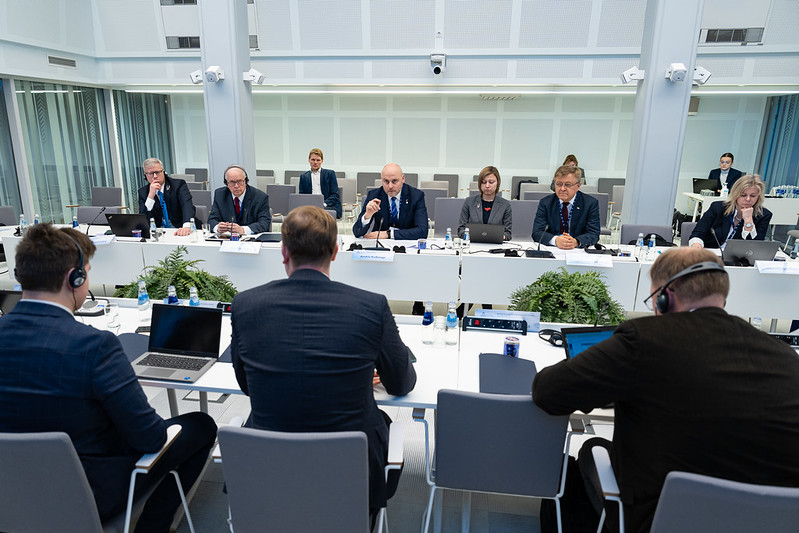
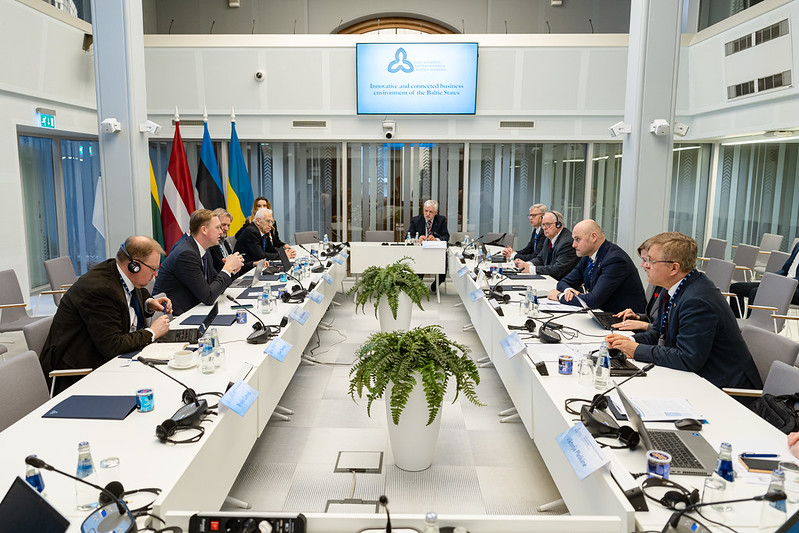
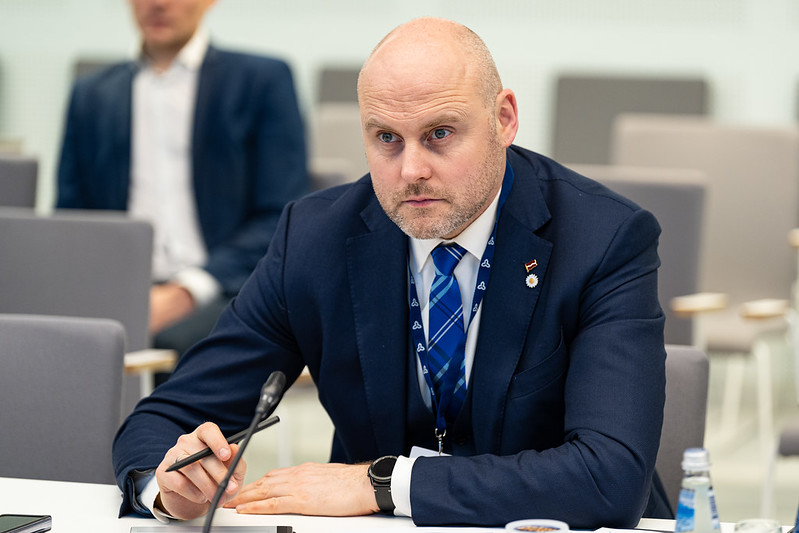
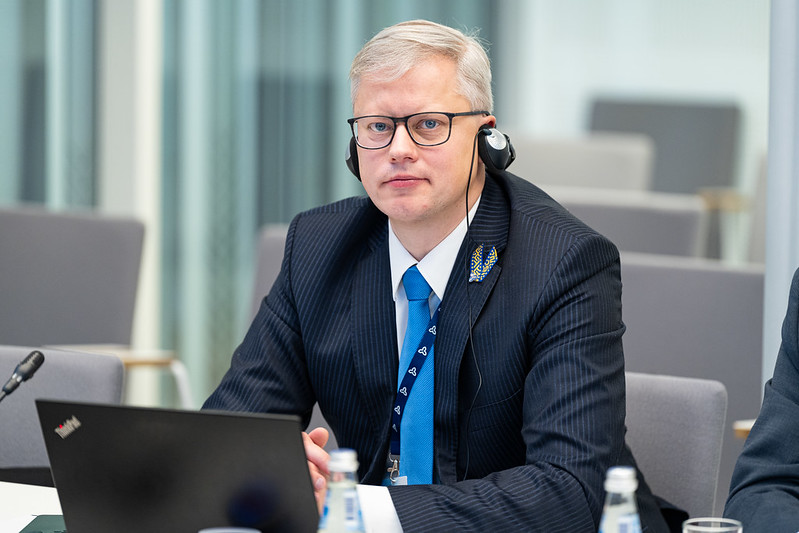
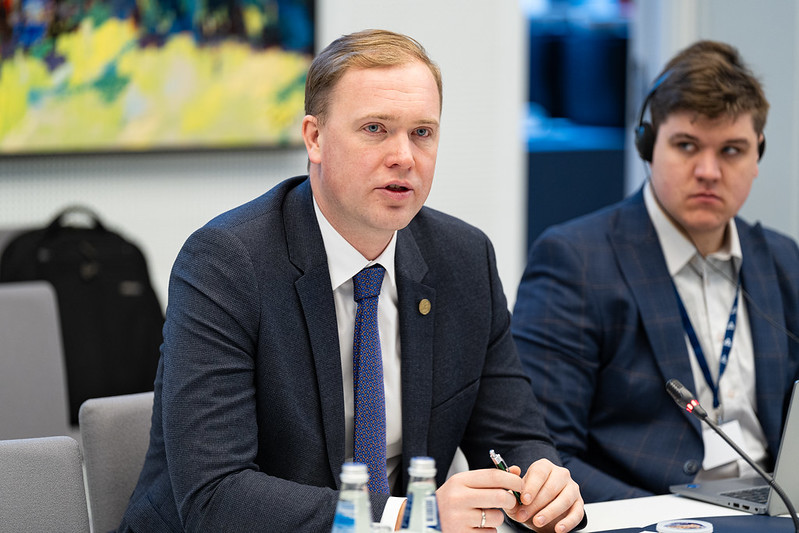
 Print
Print 

